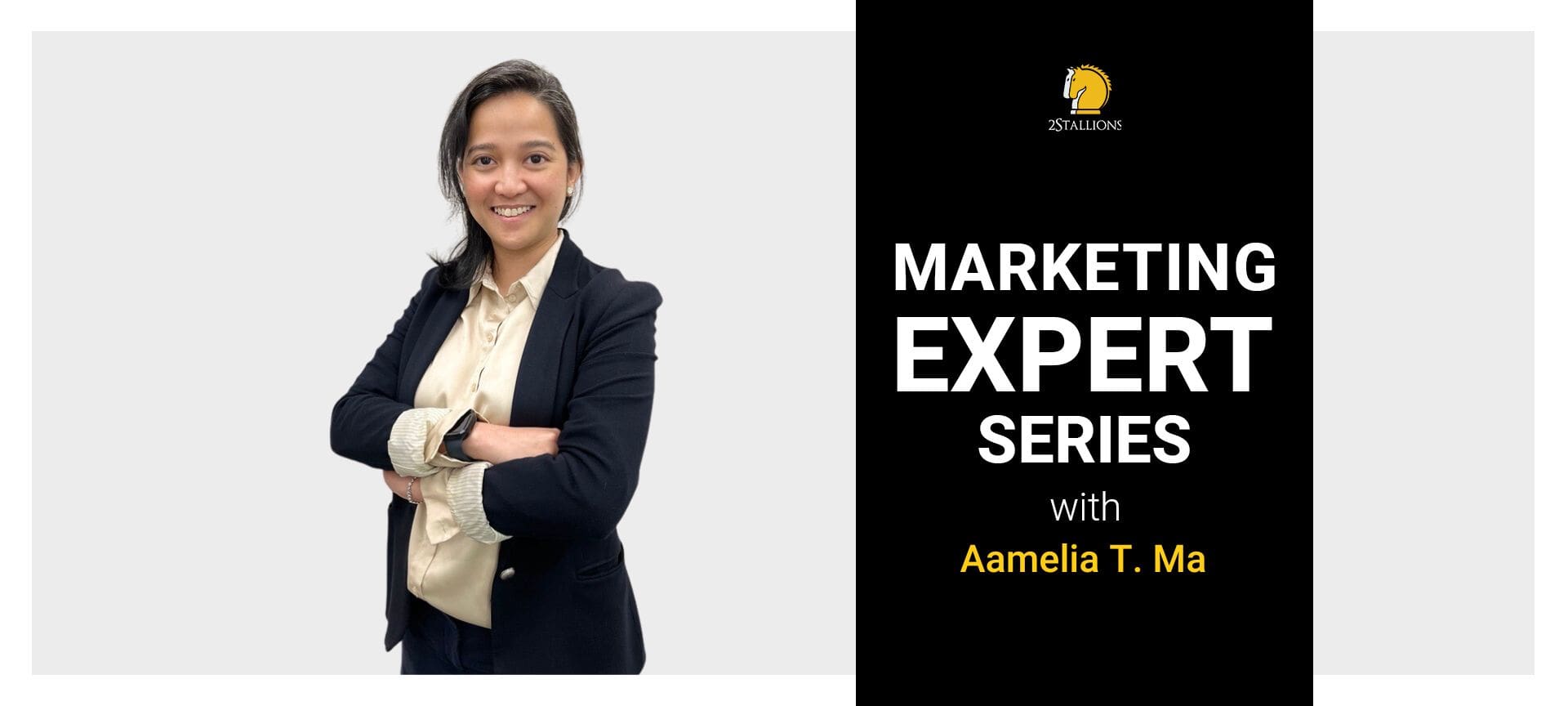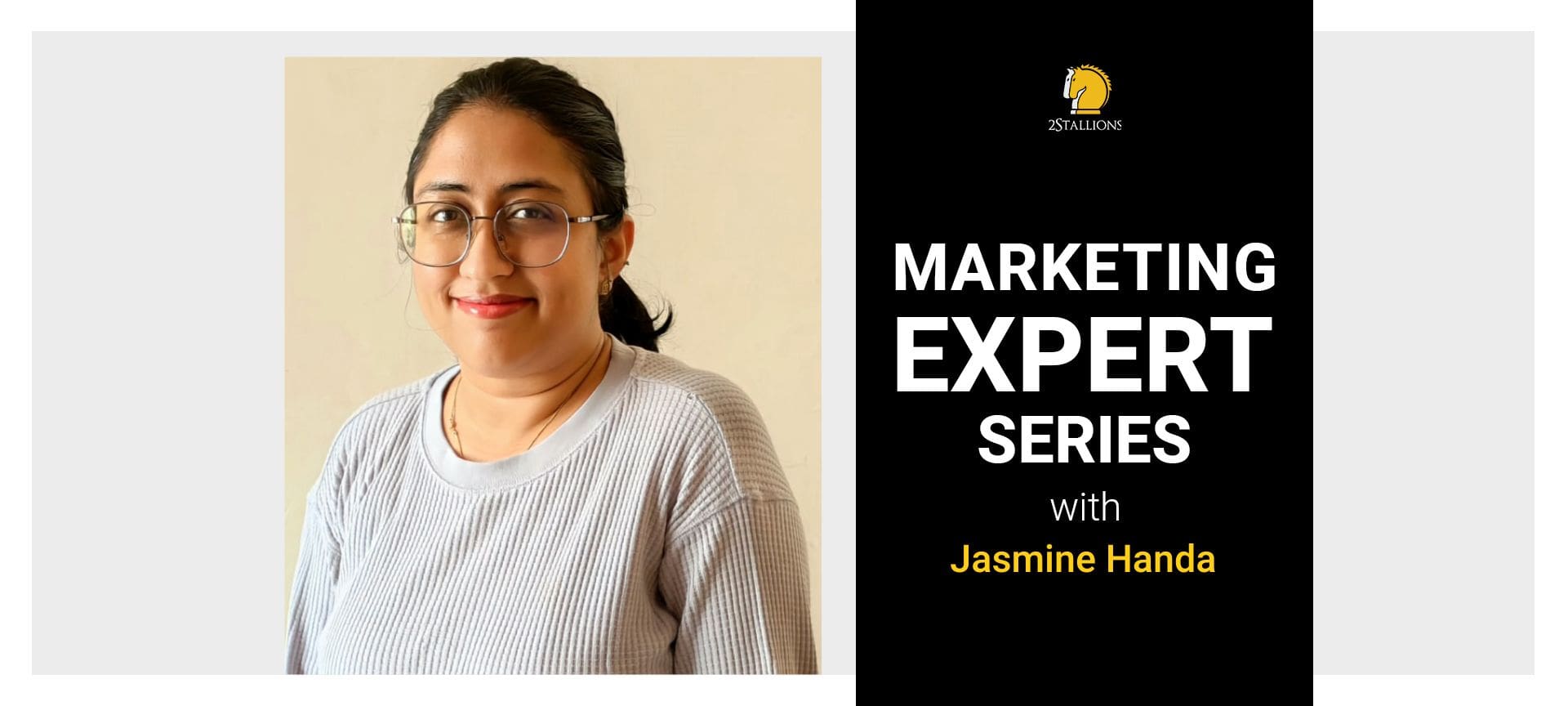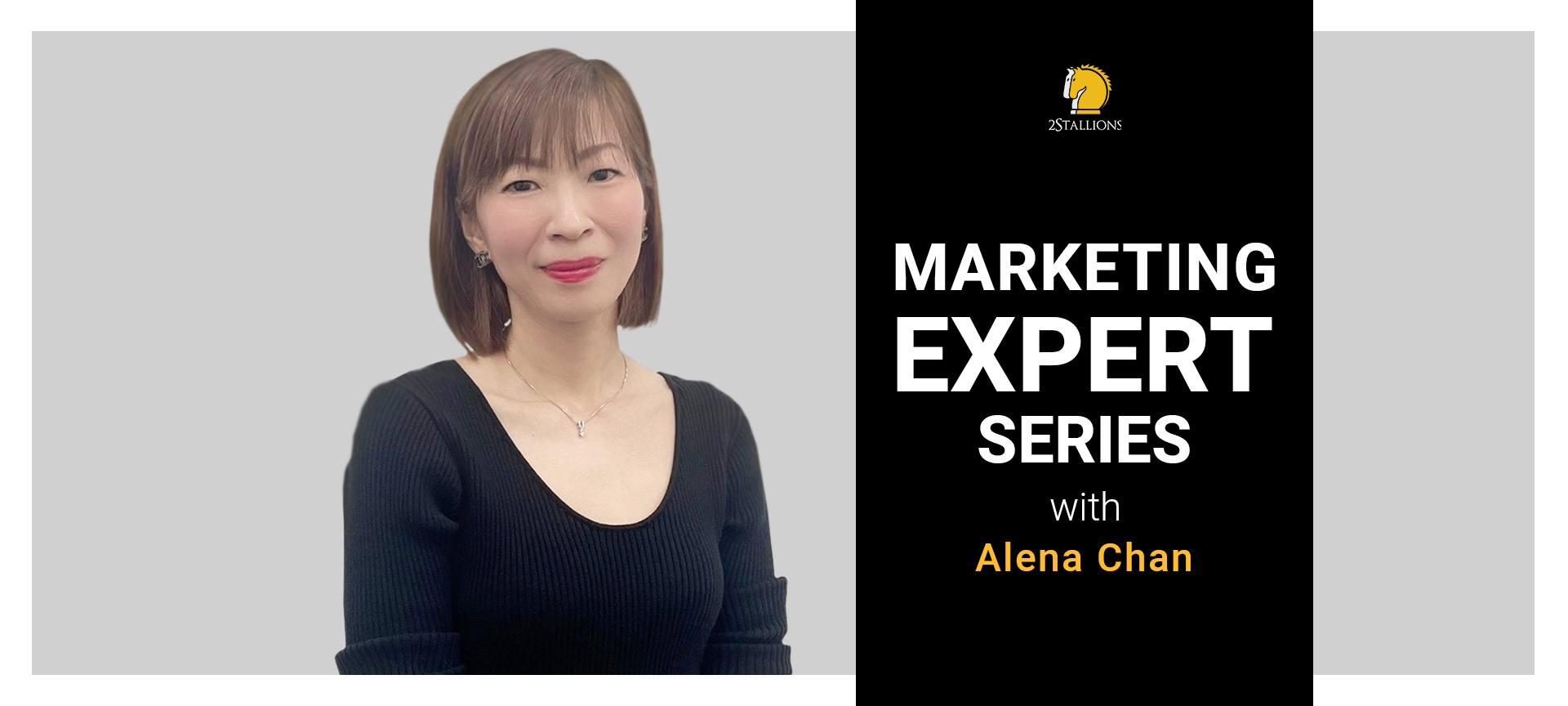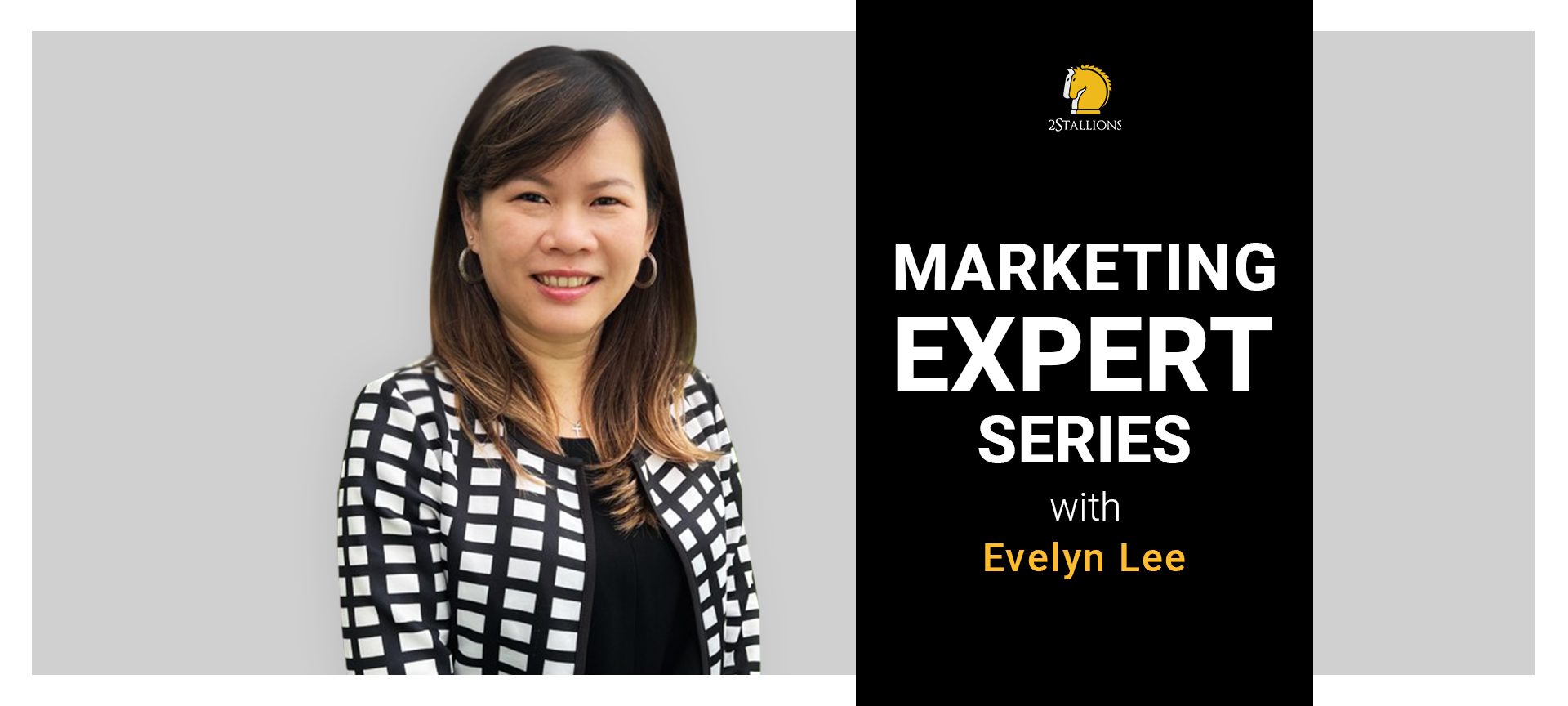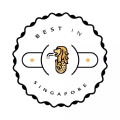SHARE
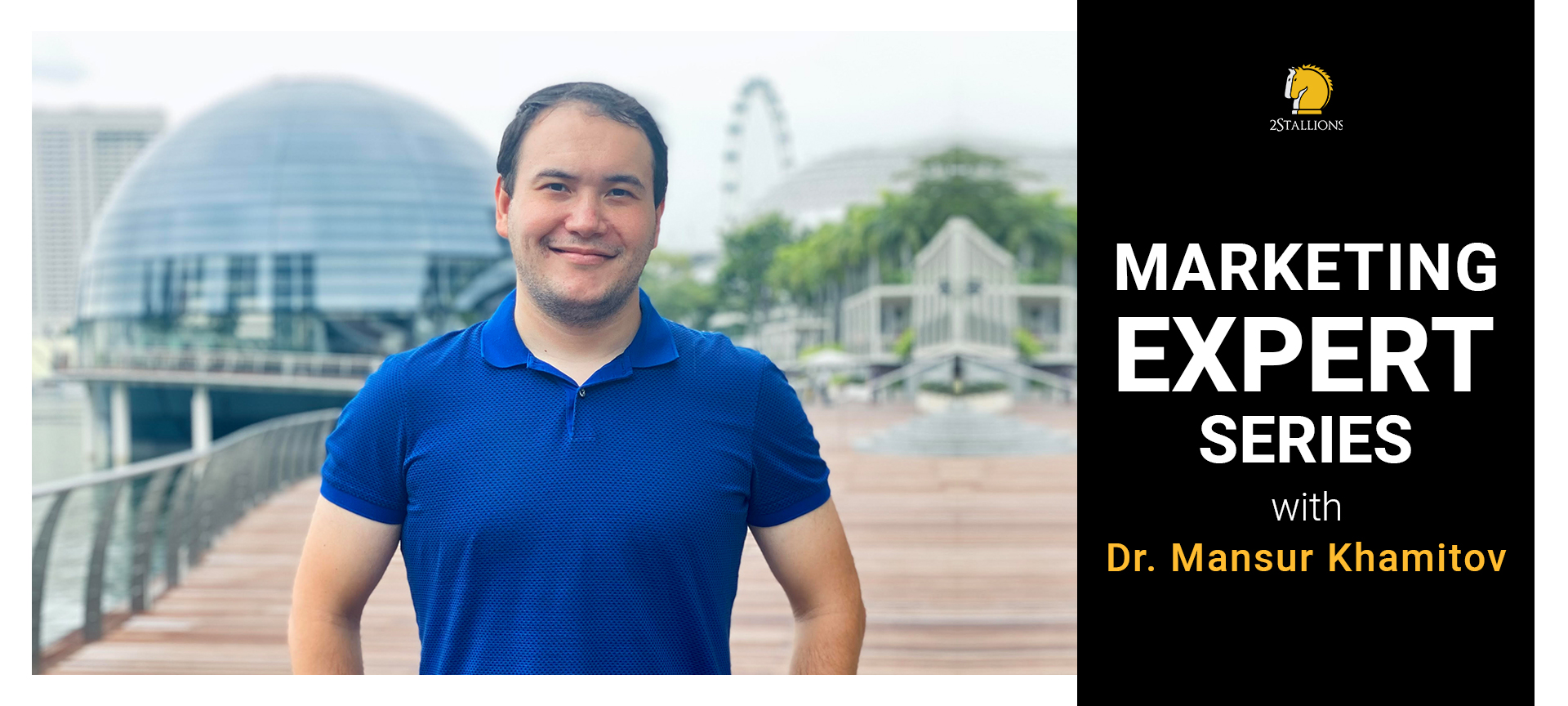
Happy 2021! Welcome to this year’s first issue of the Marketing Expert Series. This week we take a step back from the world of corporate marketing and branding and take an insightful stroll through the world of marketing academia. This week we talk to Dr. Mansur Khamitov, who, up until the end of 2020, was Assistant Professor of Marketing at the Nanyang Business School (NTU), and has now joined the Kelley School of Business at Indiana University. A prolific thought leader and influencer, Dr. Mansur’s work has been featured in Forbes, The Economist, Harvard Business Review, and many other publications.
Like all things, marketing has many facets both positive and negative. When we look at the world of business, we sometimes forget that there is a dark side to it all. Ethical marketing and branding is the focal point of much of Dr. Mansur’s work, shedding light on the darker underbelly of marketing practices. The global COVID-19 pandemic has inevitably impacted these practices as well. Join us as we dip into the world of marketing academia with one of the world’s leading experts and explore the experiences and motivations behind Dr. Mansur’s life and work.
Welcome, Dr. Mansur, and thank you for joining us in our Marketing Expert Series. To get the ball rolling, can you tell us a little about yourself? How did you get to where you are now?
Thank you for thinking of me and for your kind invite. Sure, I’d be happy to tell you more. In a nutshell, I’m inherently a marketing guy. I view myself as a thought leader in the domains of marketing in general and branding in particular.
I started out in the industry before transitioning full-time to academia back in 2013. While my passion has always been in the practice of marketing, I came to realize back that the corporate world – while incredibly stimulating – was not something that I wanted to do long-term, which led me to pursue my PhD.
Aside from my career, I’m an avid sports fan, traveler, poet, book lover, and musical enthusiast.
You’ve lived, studied, and worked in different countries across the world – Kazakhstan, Canada, Singapore. What’s it like to study and work in those locations with differing cultures?
The cross-country and cross-cultural perspectives are definitely the ones I cherish. Those experiences have been truly invaluable. It’s always a little bit of a steep learning curve and it takes time to adjust and fit in, but once you figure it out and find a way to navigate your cultural surroundings, you actually start to see and enjoy its beauty. Ultimately, these diverse cultural experiences contribute to your self-concept and form a big part of who you are, enabling you to embrace the cosmopolitan identity of a truly global citizen.
You also spent several years in the fast moving consumer goods (FMCG) industry working for some very well known names like Procter & Gamble and Polpharma. How did those experiences influence your path as a researcher and academic?
A lot of the stuff I do presently has been shaped and inspired by my past industry experiences in branding and marketing management at P&G and Polpharma. Even my original interest to pursue a marketing PhD has been driven by my passion for branding, and this intrinsic interest in brands and branding has stayed with me ever since. I take pride in grounding my academic research in real-world, cutting-edge marketing problems. Not to sound critical but a lot of my fellow academics have a tendency to sit in their ivory towers, work on very abstract theoretical problems, teach decades-old outdated insights, and completely lose touch with what’s happening in the industry. This is not my path and as a business school professor I would very much want to avoid it and instead strongly prefer to keep my finger on the pulse of latest industry developments and trends.
Unlike other interviewees of this Series, you’re now a professor, with research focuses like ethical branding and brand transgressions. Why this particular focus? What was it that first drew you to these areas of research?
A lot of my early research has focused on what I call the positive or “light” side of branding including consumer-brand relationships and brand loyalty. While these phenomena are quite common and prevalent, we’re seeing a huge increase of widely publicized cases of brand transgressions, corporate misconduct, and firm wrongdoings as of late. I’m finding myself increasingly fascinated with this “dark” side of branding and its ethical (or rather unethical) implications. The two key reasons that drew me to this area of research are:
- The sheer prevalence and magnitude of such high-profile brand transgressions (think Luckin Coffee misconduct, HSBC money laundering controversy, Foxconn scandal, etc.)
- Comparative lack of research on the dark side of branding compared to the positive or light side of branding.
Has your research been influenced at all by the different places you’ve lived and worked over the years?
It sure has. As a case in point, I’m currently working on a research project where I and my co-authors compare the relative effectiveness of different brand relationship strategies (e.g., brand love, attachment, identification, trust, etc.) across different countries and geographical regions, including the ones where I myself got a chance to live.
Another recent example comes from a consulting, advisory, and thought leadership engagement I had with Eastspring Investments (part of Prudential Group) and Duxton Consulting Group. As part of that large-scale project, we surveyed thousands of Singaporean consumers as well as consumers from other parts of Asia which I’m quite familiar with.
Ethical marketing practices are a big part of the modern landscape. Do you think the 2020 pandemic is going to change that landscape, or impact the importance of these practices?
If anything, my prediction is that we will be seeing an increase in the importance and significance of ethical branding and marketing practices, doing the right thing, and brand purpose for that matter. Decades of research on the topic clearly indicates a substantial financial, reputational, and loyalty upside for brands and companies that have embraced ethical marketing practices as part of their DNA.
In the current tough landscape where people are particularly sensitive to value-based violations, performance-based violations, safety and security crises and failures as well as other types of corporate breaches of trust, brand teams that are able to pull it off are likely to be disproportionately rewarded. Having said that, any such efforts have to come across as authentic, genuine, and credible. It’s all about actually walking the talk as opposed to simply jumping on the bandwagon.
Do you see your own work changing due to the impact of COVID-19?
As business school professors, we’ve been truly fortunate and privileged in many different respects both in the pre-pandemic period and the current pandemic period. Having said that, like many of my colleagues, I had to make a number of adjustments to my regular routines. These range from switching many of my undergraduate and graduate classes entirely online in an extremely short period of time, changing my data collection methods from in-person to remote, to no longer interacting with my co-authors and colleagues in person for an extended period of time. Research-wise, I’m seeing a number of my branding projects naturally evolving to have more of a prosocial, societal, and well-being angle to them.
What about for you, personally, when this pandemic is past, what would you like to do next?
I’m very much looking forward to this pandemic being finally over, sooner rather than later. I am starting a bunch of new and exciting projects including, but not limited to studying the dark and negative side of brand personality and corporate arrogance on one end and the upside of brand trust and perceived competence on the other end. I can’t wait to fully dive deep and make more progress on these projects in the coming months. Personally, I’m very eager to resume travelling and get a chance to visit my and my wife’s parents and friends which has been long overdue.
Any advice you’d give to young and aspiring marketers or communication students?
Be agile. Be daring and brave but don’t cut corners. Develop a habit of regularly stepping out of your comfort zone and learning something new and useful. Engage in continuous learning and personal and professional development whether via your mentors, peers, thought leaders or via free cool platforms like Coursera or edX.
Thank you, Dr. Mansur, for sharing. How can people connect with you if they’d like to know more about you?
I’m typically very open to any collaboration and cooperation opportunities and prospects. Hence, I’d love to keep in touch with all fellow marketing enthusiasts. The easiest and most straightforward way to connect and keep in touch is either on LinkedIn and/or Twitter. Alternatively, I do have my personal webpage, which contains more information about my background, interests, and projects.
Thank you, hang in there, and please stay well & safe!
The Marketing Expert Series features marketing and communications experts from across every industry. Every month, 2Stallions will showcase the stories and expertise of marketing experts from around the world, join us as we explore how marketers navigate the challenges of the regions and industries they work in. If you’d like to be featured in a next issue of the Marketing Expert Series. Please reach out to us via email.
Are you ready to watch your online presence soar? Harness the power of our specialized SEO services to catapult your website to the top of search results. Say goodbye to being lost in the digital crowd and say hello to increased visibility, organic traffic, and meaningful connections. Let’s turn your website into a magnet for your target audience.


